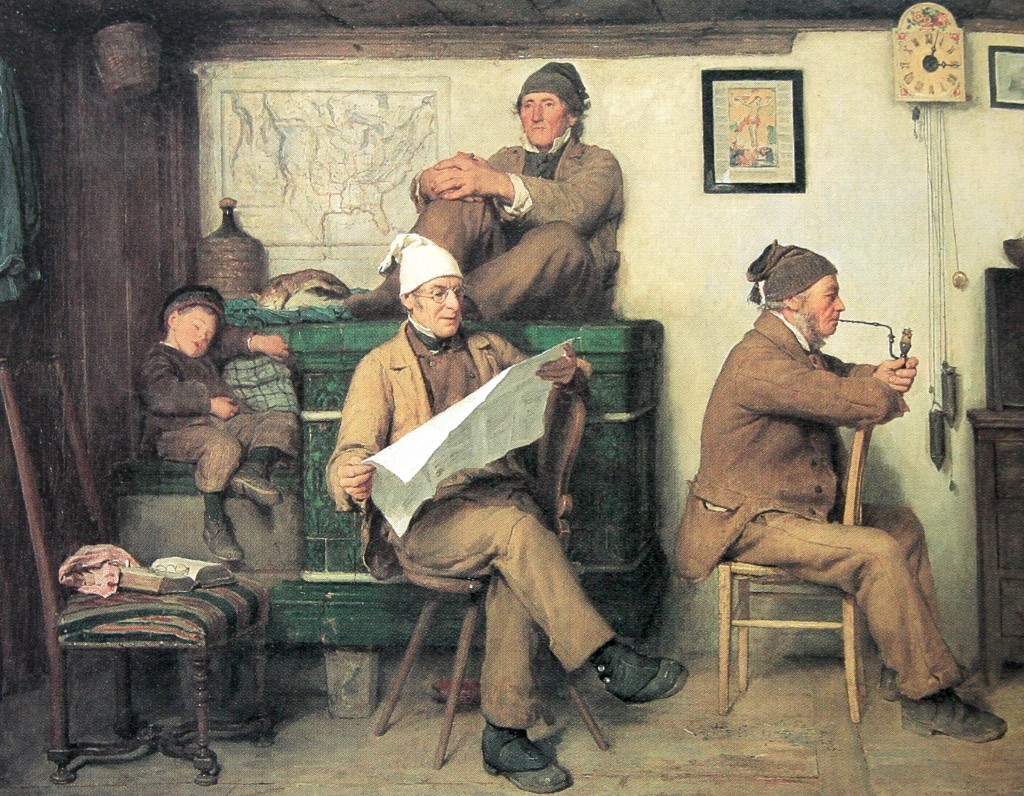Revolutions, whether taking place in the publishing realm or elsewhere, don’t happen without critics and naysayers. And they don’t happen without changing the dynamics of entire sectors of society and overturning long-standing rules. In an article for American Libraries, Navigating the Ebook Revolution, James LaRue writes:
It seems safe to assume that by the end of 2012, public libraries may be directing as much as 20% of their collection budgets to digital content. By the end of three years, it may be closer to 50%. That shift of resources, at a time when the budget pie itself is shrinking, will have one unsurprising result: The circulation of print will decline if we offer fewer print materials. That, in turn, will accelerate the shifting of resources.
LaRue goes on to explore the thoughts and concerns of various players involved in this shift, from readers to booksellers and publishers, in a balanced and judicious way.
Not every assessment of the dynamics driving epublishing is so balanced, however. Ewan Morrison, writing for The Guardian, talks about epublishing bubbles and preens about how he makes more money writing about the end of books than actually writing the books. And in glib fashion, he predicts, “Writing, as a profession, will cease to exist.”
It’s a bold statement. But is it a credible prediction?
In a post, The Bonfire of the Straw Men, David Gaughran skewers the logic behind the assumption that epublishing is a bubble phenomenon and that it somehow devalues writing.
This, of course, ignores the ever-growing amount of writers making more and more money from e-books and self-publishing; the whole article is a succession of misunderstandings stitched together in a pseudo-scientific theory which does little to convince.
I could list the facts, quote the data, and highlight the numerous points where reality collides with Morrison’s hypothesis, but he appears to place little stock in facts, data, and reality. Even so, he might take a glance at the Kindle Boards thread listing the burgeoning number of self-publishers who have sold 50,000 e-books (177, for the click-lazy).
The post goes on to dissect Morrison’s misconceptions about the use of social media to interact with readers and increase visibility for ebook authors. Gaughran asserts:
Further, self-publishing is not “inextricably tied to the structures of social media marketing.” None of the successful self-publishers I know are dependent on what Morrison dubs “social media marketing.”
If Twitter, Facebook, LinkedIn, WordPress, Tumblr and Pinterest disappeared tomorrow, self-publishers would continue to sell books. It might be harder for readers to share information about the books they enjoy – whether self-published or not – but I’m sure they would find a way.
The mere fact that we’re having these kinds of epublishing discussions and point-by-point parrying in newspapers, blogs, and magazines is essentially a healthy sign. Epublishing is shaking up the mechanisms by which authors reach readers and even the ways in which social interactions occur. You can stand on the sidelines and talk about bubble phenomena and overhyped social media and gain some notoriety for your opinions. Or, you can leap into the fray and participate in the excitement surrounding the latest developments in epublishing. By whatever metrics you choose to use, however, we’re confident that epublishing is no bubble.
Photo credit: lecates





